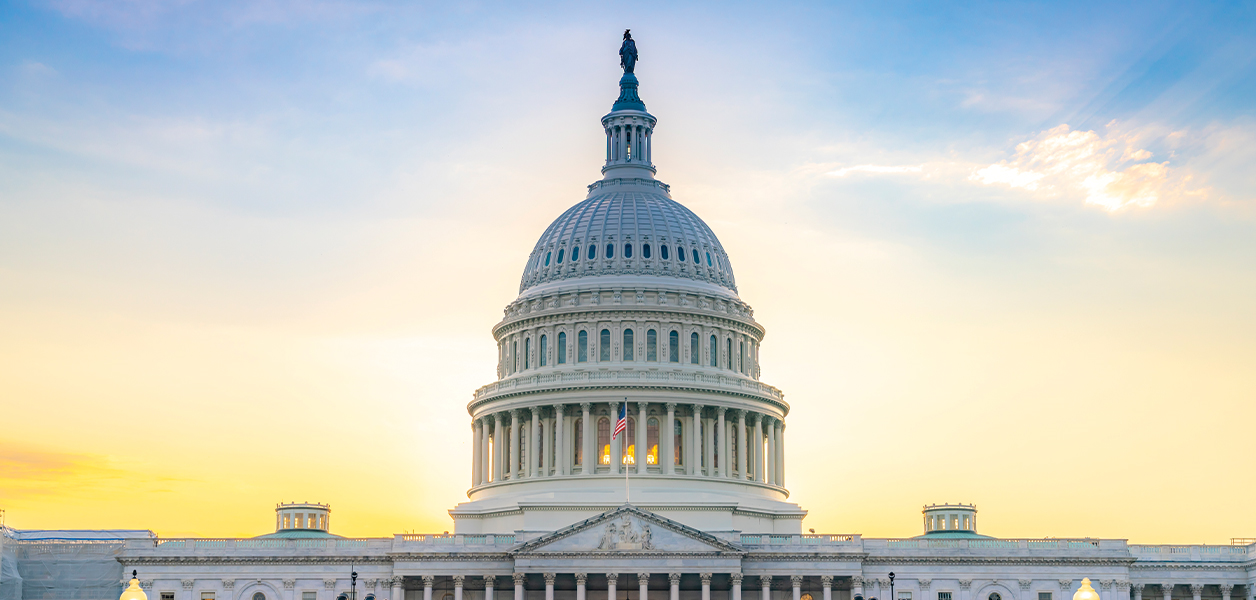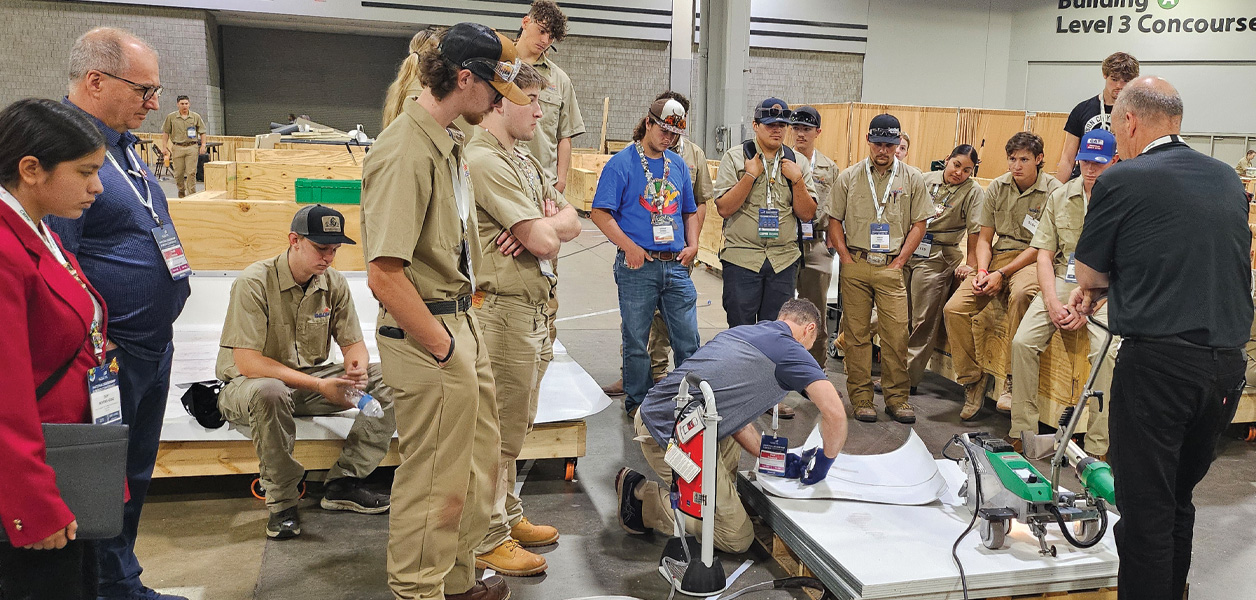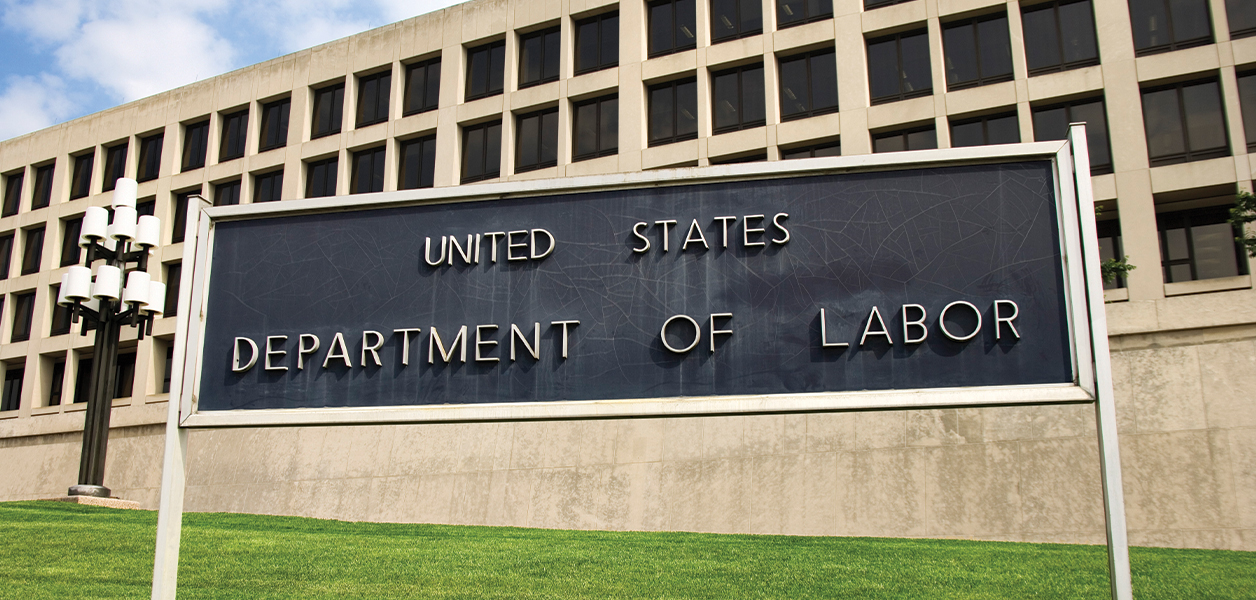Federal government shutdown breaks record
The 2025 federal government shutdown broke a record this week for the longest lapse in funding in U.S. history. Although day 37 came and went without a deal to reopen the government, congressional leaders have expressed optimism that the partisan standoff is nearing an end. This stems from ongoing talks between eight moderate rank-and-file Senate Democrats who have been holding closed-door, bipartisan meetings during the past few days to end the five-week stalemate.
Although health care remains at the center of the shutdown for congressional Democrats—in particular the extension of health care tax credits currently scheduled to expire at the end of the year—the group of senators acknowledged the toll the shutdown is taking on Americans, including the interruption of food assistance and significant air travel delays. Republican leadership continues to insist any deal regarding health care will be negotiated only after the government fully reopens.
Republicans need five more Democrats in the Senate willing to vote for a clean continuing resolution funding measure to reopen the government. Lawmakers participating in discussions to find a path forward include Sens. Tammy Baldwin (D-Wis.), Maggie Hassan (D-N.H.), Mark Kelly (D-Ariz.), Jon Ossoff (D-Ga.), Gary Peters (D-Mich.), Jeanne Shaheen (D-N.H.), Elissa Slotkin (D-Mich.), and Peter Welch (D-Vt.).
In the meantime, most federal agencies continue operating with only employees and functions deemed “essential” by the Trump administration. This includes many national security and law enforcement personnel throughout the U.S.
International trade developments
During President Trump’s recent trip to Asia, the U.S. and China announced the framework of a trade and economic deal intended to de-escalate trade tensions and retaliatory actions by both countries. Among the highlights of the deal, the U.S. will lower tariffs on Chinese imports imposed earlier this year to curb fentanyl by 10% of the cumulative rate, effective Nov. 10, and will maintain suspension of heightened reciprocal tariffs on Chinese imports until Nov. 10, 2026. The current U.S. 10% reciprocal tariff on Chinese imports will remain in effect during this suspension period, and the U.S. will further extend to Nov. 10, 2026, the expiration of certain Section 301 tariff exclusions currently set to expire Nov. 29. China has agreed to suspend implementation of recently imposed export controls on rare earth minerals essential to many American products, including some roofing materials. China also will suspend retaliatory tariffs on imports of many U.S. products announced in March and has agreed to take measures to end the flow of fentanyl to the U.S. For further details, please see this White House Fact Sheet and Executive Order. Most critically, the conclusion of this deal avoids President Trump’s recent threat to impose 100% tariffs on imports from China because of China’s restrictions on the export of rare earth metals.
In addition, President Trump announced trade agreements with Cambodia and Malaysia, as well as frameworks with Thailand and Vietnam, which are largely aimed at enhancing coordination regarding economic and national security policies but also provide some tariff relief. These countries will remain subject to the reciprocal tariffs contained in Trump’s July 31 Executive Order with some modifications.
Trump administration ends automatic extension of work permits
On Oct. 30, the U.S. Citizenship and Immigration Services published an interim final rule that ends the current practice of automatically extending Employment Authorization Documents for foreign nationals who file applications to renew work permits based on certain employment categories. The interim final rule reverses a final rule published by the agency in December 2024 that automatically extended valid work permits by up to 540 days if the recipients filed applications for renewal before expiration. That rule was aimed at preventing gaps in employment eligibility as renewal applications continue to face lengthy processing backlogs at the agency. Under the interim final rule, expiring work permits for which applications for extension are filed on or after Oct. 30 no longer will be automatically renewed beyond their expiration date, though this rule does not apply to renewals related to Temporary Protected Status and some other categories. USCIS says the interim final rule aims to prioritize vetting and screening of noncitizens under President Trump’s Executive Orders to increase immigration enforcement. View more information.
A message from ROOFPAC
Thank you to all who came out last week to support ROOFPAC—the only political action committee dedicated to the roofing industry—at a fundraising cocktail reception at the Outrider Rooftop Lounge during NRCA’s Fall Committee Meetings. More than 100 attendees gathered to connect while enjoying the sunset view of Camelback Mountain. We also thank Amrize—whose portfolio includes Elevate Commercial Roofing Systems, Duro-Last, Malarkey, GenFlex, Gaco and Enverge—for sponsoring this event.





